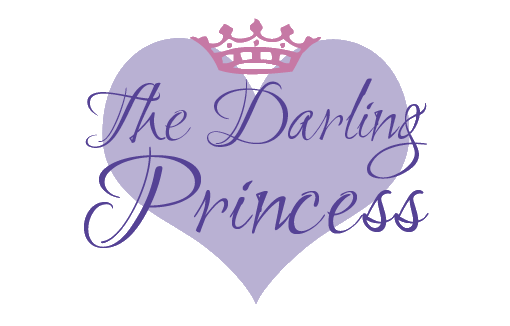
Control Theory
We all have control issues. Some people are control freaks. They will manipulate people and situations in order to feel like they are in charge. They use people to achieve their own ends. It can seem like children are control freaks, but are they? I have a theory, I call, “control theory.”
Who’s In Control?
We have five children. I provided home education for them. So, we were together most of the time. We went on retreats together and field trips. They went to classes without me, but I still had loads of time to observe them. I have friends with children too. Some have some friends that have adopted special needs children from homes of neglect or abuse. I have grandchildren, whom I see far less than I would like but still observe their use of control in their young lives.
My theory is that food is the single thing that we can truly control early in life.
Take your average two-year-old. They may have loving wonderful parents, but they still won’t do everything he wants them to do. He might have limited bowel and bladder control. His environment is outside of his control. He is only able to choose what he will eat.
Think about an abuse or neglect victim. She cannot control how her caretakers treat her. She cannot control whether she is hot or cold, hungry or in pain. Children aren’t able to stop the abuse. They may feel like it’s their fault and not have any means by which to change whatever it is that they believe might cause people to treat them so badly. In child sexual abuse, the core violation means that they do not have any control over their body. But they can decide what passes their lips and what is allowed in their belly. Even if force fed, they can vomit.
Food is the single thing children can control. It is little wonder that anorexia nervosa and bulimia nervosa exists in our tumultuous world. Compulsive overeating is just as troublesome. These disorders occur more often than we’d like to think. They can be hidden or obvious. They can start out as a method to take some control over our world that we have no control over.
Food Issues
We call them problem eaters. Those children who are picky about their food. They might have few acceptable food items. Some children might fight and cry at the table. They might be forced to stay at the table until they eat their food or go to bed on an empty stomach because they don’t want what has been offered.
We, in the US, live in abundance. Even the poorest in our country are wealthy when compared to many other countries. When I was a child, we had very little. We fed five people on a can of tuna and some bread. I still remember food being the one thing that I could decide on. If I didn’t like what was available, I didn’t eat it. If there was nothing to eat, I could think about what I wanted. Even if I was hungry, I still felt some sense of autonomy.
So, when a child has food issues, let’s ask why. Then, let’s try to help them manage their issues. We offer good healthy foods on a regular basis and give children opportunities to make decisions and operate in their obvious control with guidance. They will grow in their ability to sort out the good, the bad, and the ugly. Of course, this takes effort on our part. We must be thoughtful and diligent to make sure they have the means to make choices that will be appropriate.
Abused children will often need extra guidance, but carefully allowing them to gain control over food will lead to other aspects of life, like clothing and obedience to caretakers. Remembering that food is the single thing a child can actually control can be revolutionary in dealing with survivors of abuse and neglect.
Self-control is the bedrock of a civil society. It starts very early. Guidance and not force is key.
What’s your control theory?



